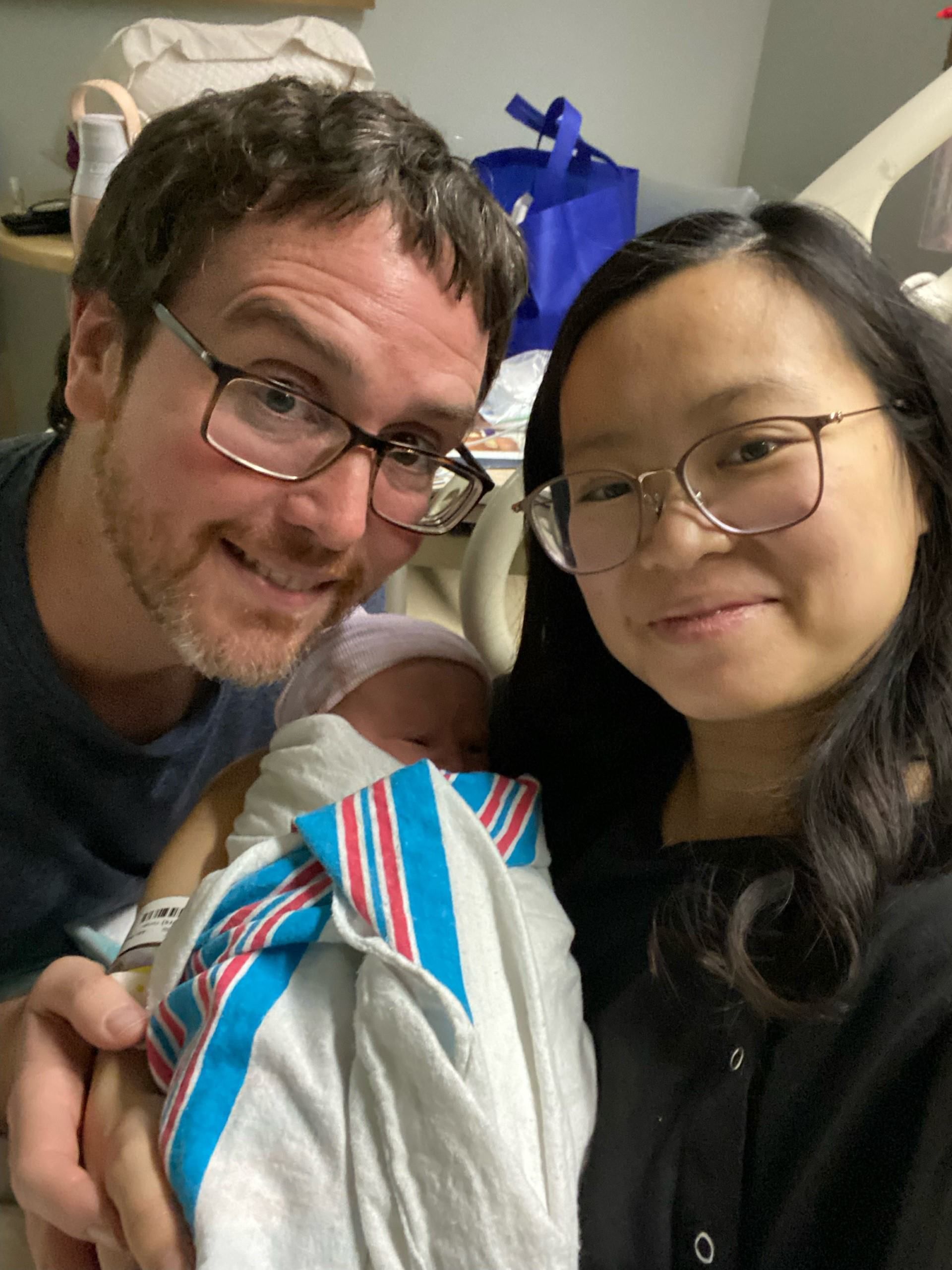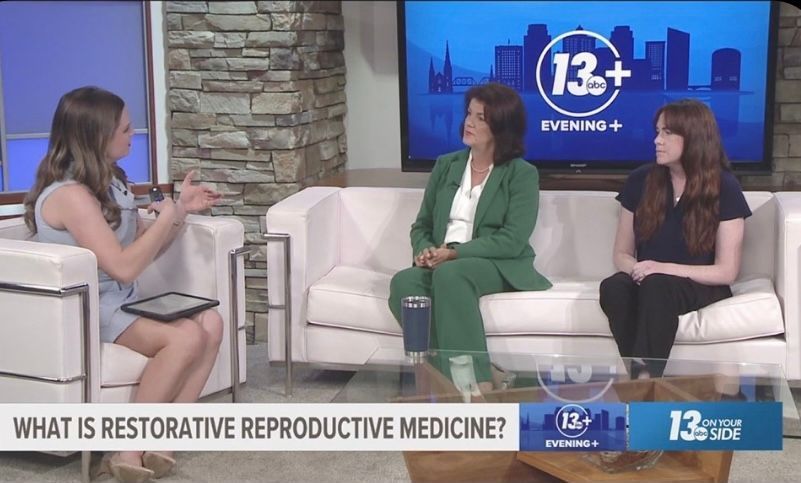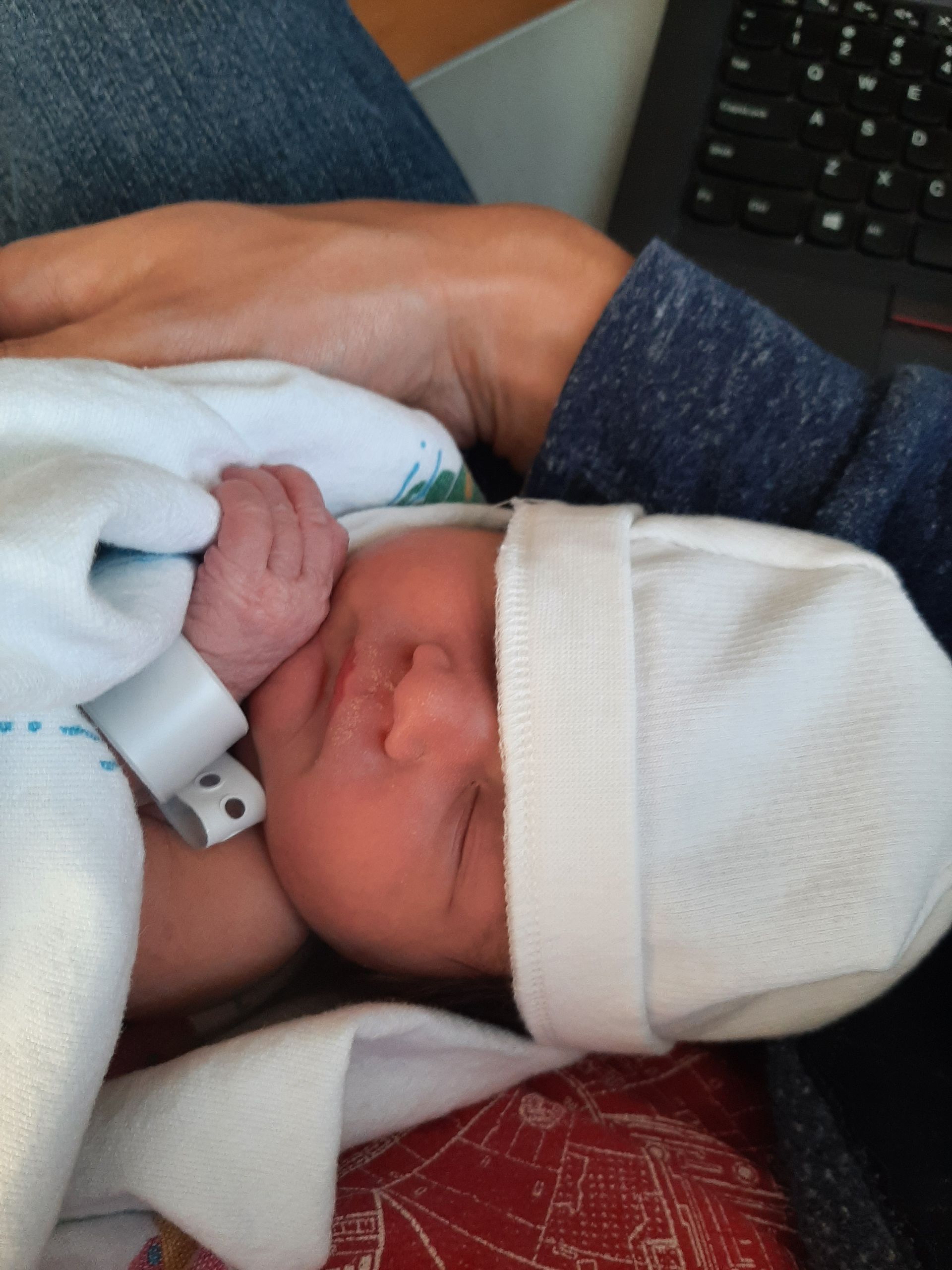A Conversation with Emily Kennedy, MSc
Emily Kennedy, MSc, serves patients as both a Health Coach and a Fertility Educator at Reply. She also is a personal user of fertility awareness for natural family planning and health monitoring purposes:
“My husband and I learned about fertility awareness through friends who were also newly married. It was highly recommended by people we trusted, so we decided to learn more. And since then, we have used fertility awareness to both avoid pregnancy and become pregnant.”
Emily loves that tracking the signs of one’s fertility gives a woman a window into her overall health. However, before moving to the Triangle 3 years ago from Toronto, she did not have the support of local health professionals in this endeavor.
“I never had a doctor who was well versed in cycle tracking until I moved to Raleigh, so we’re really blessed to have some expertise right here in North Carolina! Through coordinating lab work to specific times during my cycle, I discovered I had a little bit of a thyroid issue. Finally, I had an answer as to why I was experiencing certain symptoms.”
As part of her health coaching practice at Reply, Emily has had wonderful experiences working with women to help them improve their health, body literacy, and body image through cycle tracking and making lifestyle changes.
“If a woman has cycle related issues, things like carb craving, water retention, or bloating – you may think, why is my body doing this? And she may have this love/hate relationship with her body. Until she comes to understand that – hey, this is happening because of my hormones! And learns that there are actually really good ways of managing hormones and good treatment. From knowing that, I’ve seen women gain greater self-respect for their bodies. They understand what’s going on with their bodies and are confident they can manage their symptoms.”
Emily encourages women to find a fertility educator they love and make cycle tracking part of their new daily routine. She says it will give you unprecedented insight into your body, your cycles, and what makes you unique:
“I love NFP because it is tailored to you as a very unique individual. No woman’s cycle is the same as the woman’s next to her!”
Call us at
919.230.2100 or click here to make an appointment with Emily today for health coaching sessions, or to learn Listen Fertility or Sensiplan for fertility awareness.











